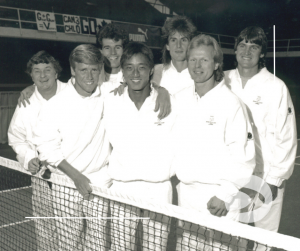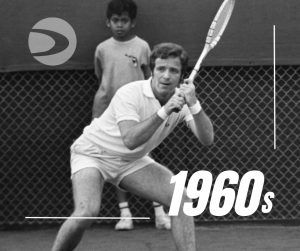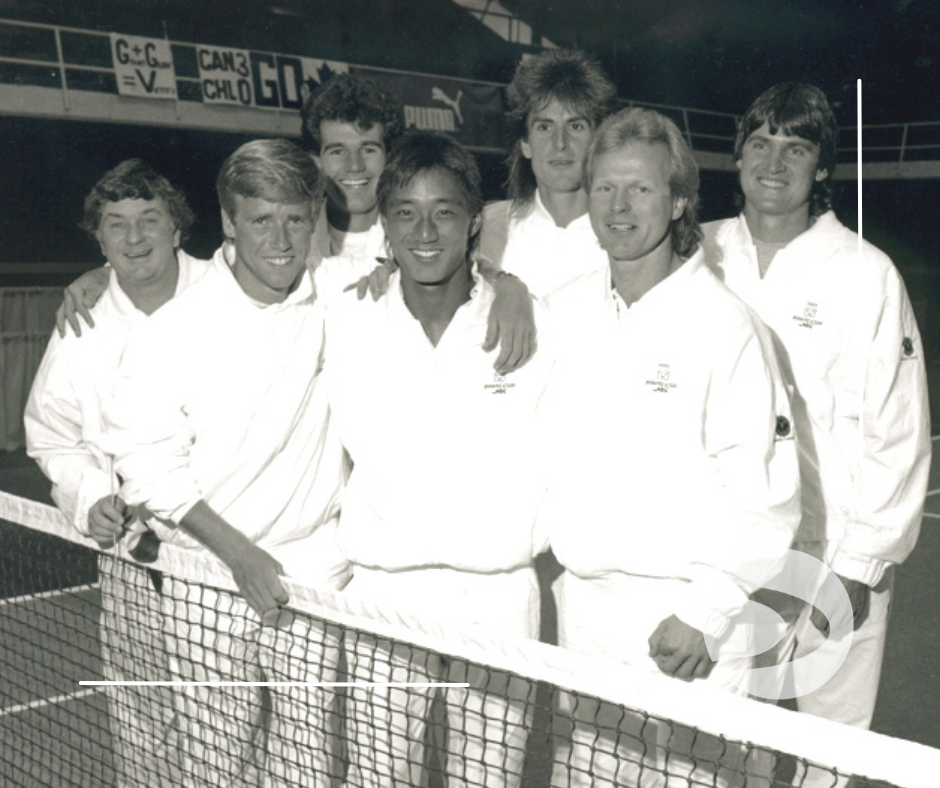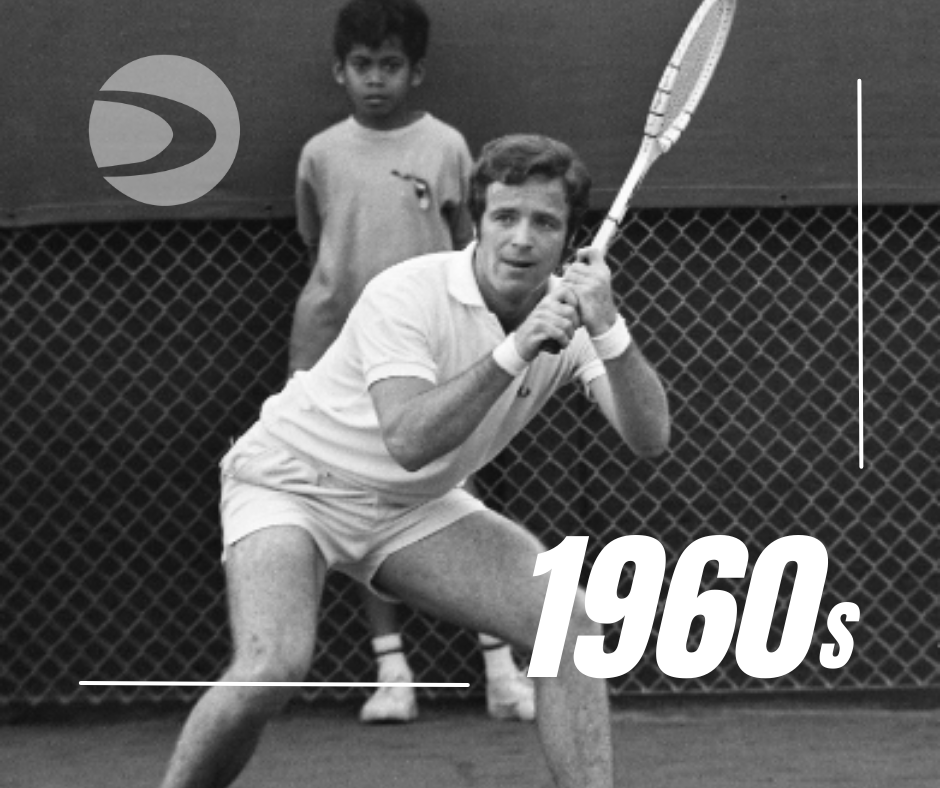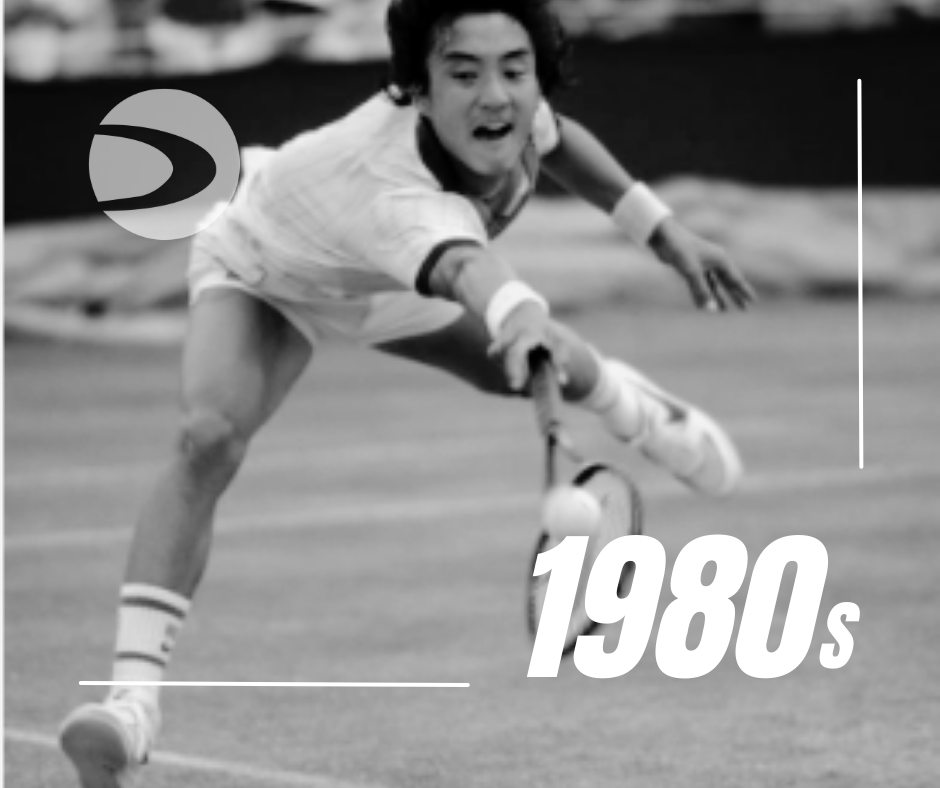Billy Pate – just completed 25th year as a college coach (23 as a head coach), as well as his 8th year as head coach at Princeton. Former Head Coach Alabama, 2002-2012. Former Asst Coach, Notre Dame, 2000-2002. Serves on ITA Board of Directors.
Written by: Billy Pate
“College Athletics at a Crossroads”
Without question, there’s a great deal of uncertainly and concern regarding college athletics, and of course in our world, college tennis. Many players and parents, even those currently competing at prestigious institutions, might be unaware of the implications of COVID-19 and it’s impact on daily operations, future schedules, and most importantly, budgets. The cancellation of the NCAA DI basketball tournament, which includes an annual $800 million dollar TV contract and provides much-needed financial support for all institutions, was a massive hit to all of college athletics. The looming concern over the college football season this fall, and prospect of it not taking place, is only creating additional worry for coaches, administrators, athletes and fans. The “minor’ or non-revenue sports – essentially every sport outside of DI basketball and football, are likely to endure major cutbacks on funding. Below I’ve outlined some of the decisions and situations as they exist today. Keep in mind this is a very fluid situation, and what is true today may not be true tomorrow. It’s uncharted territory and we haven’t seen cancellations of major sporting events of this magnitude since World War II.
1. The NCAA Division I Council announced on Monday (March 30) that all spring sport athletes would be given an additional year of eligibility. The Council further stated that scholarships would be left up to each institution. However, as we are already seeing, many coaches – even those in Power 5 Division I conferences – are being told there is not enough money in some cases to fund those scholarships. With athletic departments already encountering lost revenue from basketball and other sources, there is a grave concern about the future of non-revenue sports. If you’re a current athlete that has been awarded an extra year of eligibility, AND funding to continue your education and tennis career, consider yourself extremely fortunate.
2. In terms of the junior players beginning their search for a college program the recruiting timeline has likely been altered as well. At the moment, the NCAA has extended a “dead period” until May 31. During this time recruits may not visit campuses and coaches are not permitted off campus contact. Naturally, this should be obvious given the circumstances, but no on or off campus recruiting activity with occur until May 31. Of course, this timeframe could be extended even later into the summer. Like everyone else, we are monitoring the situation closely and paying close attention to our university leadership along with local, state and federal governments, for direction.
Despite coaches not being able to travel to make home visits, watch practice sessions or tournaments, it’s a good time for us to be making calls and conducting Skype or video conversations. Of course, written correspondence such as email and texts are permitted per usual.
3. With regard to how recruits should approach the recruiting situation, it is important to grasp the magnitude this will have on scheduling, playing seasons and funding. At this point, everything is in a state of flux. We are uncertain if colleges will even be able to begin on time for the fall semester. It’s that’s the case it will undoubtedly cancel or postpone the fall portion of fall schedules. There is just too much uncertainty right now and we all hope we can return to what we had. However, it is quite likely the landscape of college athletics will change. Many faculty, college administrators and coaches are having to take pay cuts and furloughs. Many summer camps have already been cancelled, further putting a dent in the salaries of coaches. Our biggest concern in tennis is not limited to budget cuts – those will be a reality – but the survival of tennis programs. Those at the mid-major level, or those where funding is hard to come by, will be hardest hit. Again, we need college football to take place in the fall (even if a delayed start) to maintain reasonable funding levels for all sports. In the Ivy League we are fortunate in that we don’t sponsor athletic scholarships, thereby taking a huge strain away from operational budgets. Additionally, many of our coaching positions and budgets are endowed. However, we do rely on annual giving, and with the economy taking a hit and most people losing a good portion of their salary, we anticipate less fundraising dollars coming in. Quite simply, everyone in college athletics will be impacted negatively.
4. In terms of what you should be doing now if you’re a junior or college player, it’s crucial you follow the health guidelines in your community. The quicker we shorten the timeframe and impact of this pandemic, the earlier we can enjoy the wonderful benefits of tennis and higher education. In the meantime, stay active with your fitness and mental game. As a recruit, you should use this time to reach out to college coaches and set up calls to get the latest information and keep yourself on their radar. For current college players, communicate with your coaches and teammates. We have being engaging with our team via Zoom and it is great to see everyone’s face while exchanging both serious, and less serious, dialogue. All players should watch personal match videos and take assessment of your developmental plan. Determine your winning patterns and areas of strength and be ready to hit the ground running with those when you’re able to compete again. This is one thing we are encouraging our players to do and it provides a great framework to discuss tactics with your coach.
5. A final note – practice gratitude. One outcome that will undoubtedly come from this pandemic will be that of appreciation for what we take for granted in life. Most of you are experiencing a historically bad situation when maybe you’ve never had to face anything near as traumatic to this point in your life. Appreciate the things in life we often take for granted – good health, playing sports and interacting with family and friends. Our lives have changed, possible forever in terms of the way we will conduct day to day operations. For college athletes, I encourage you to understand that your career is fleeting and playing is a privilege. Avoid entitlement. Many athletes assume their college programs and levels of support will always be there. As we are seeing, that is unlikely to be the case in the near future. Treat every day as a gift and do your best to embrace the “new normal.”

